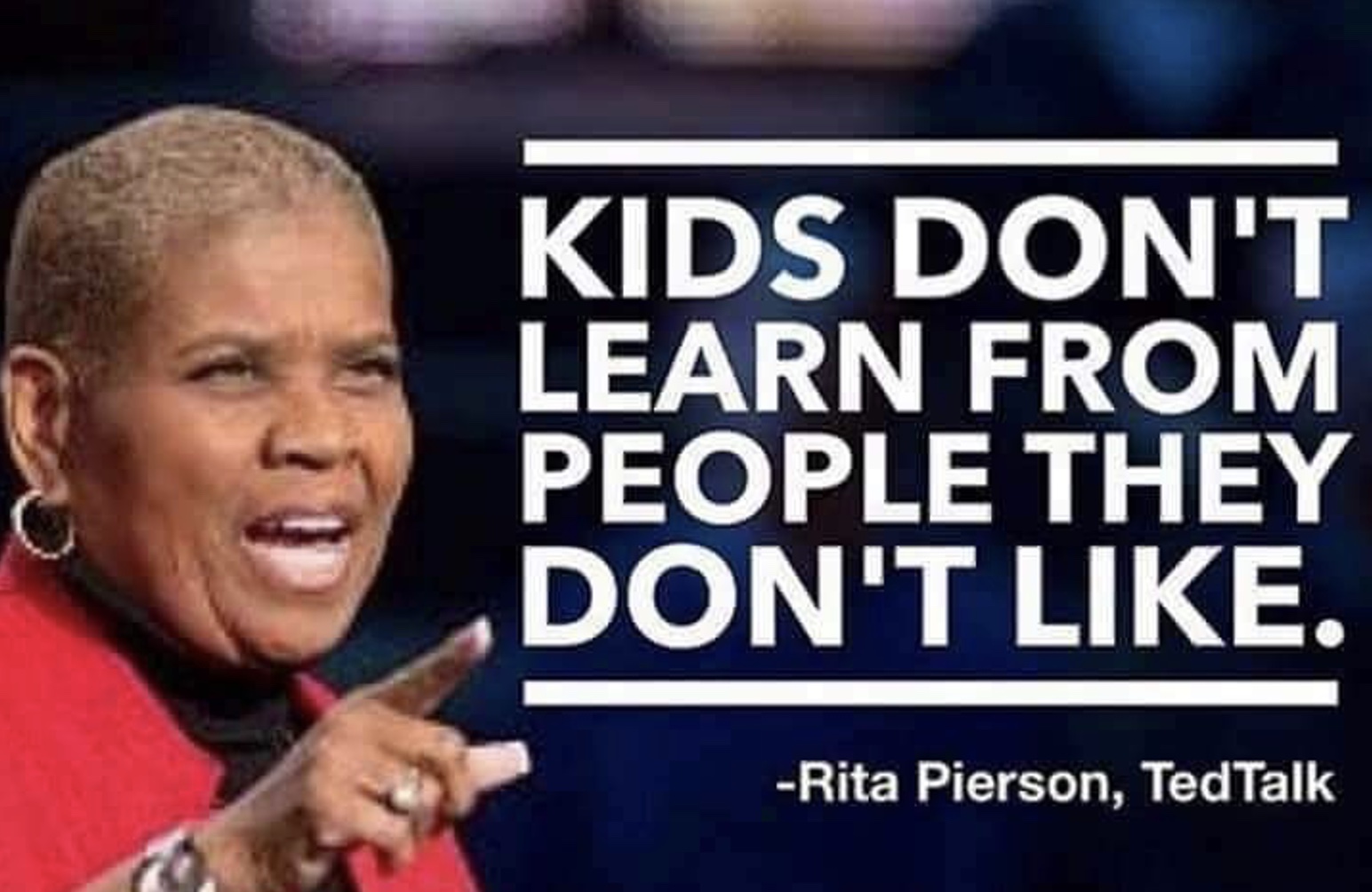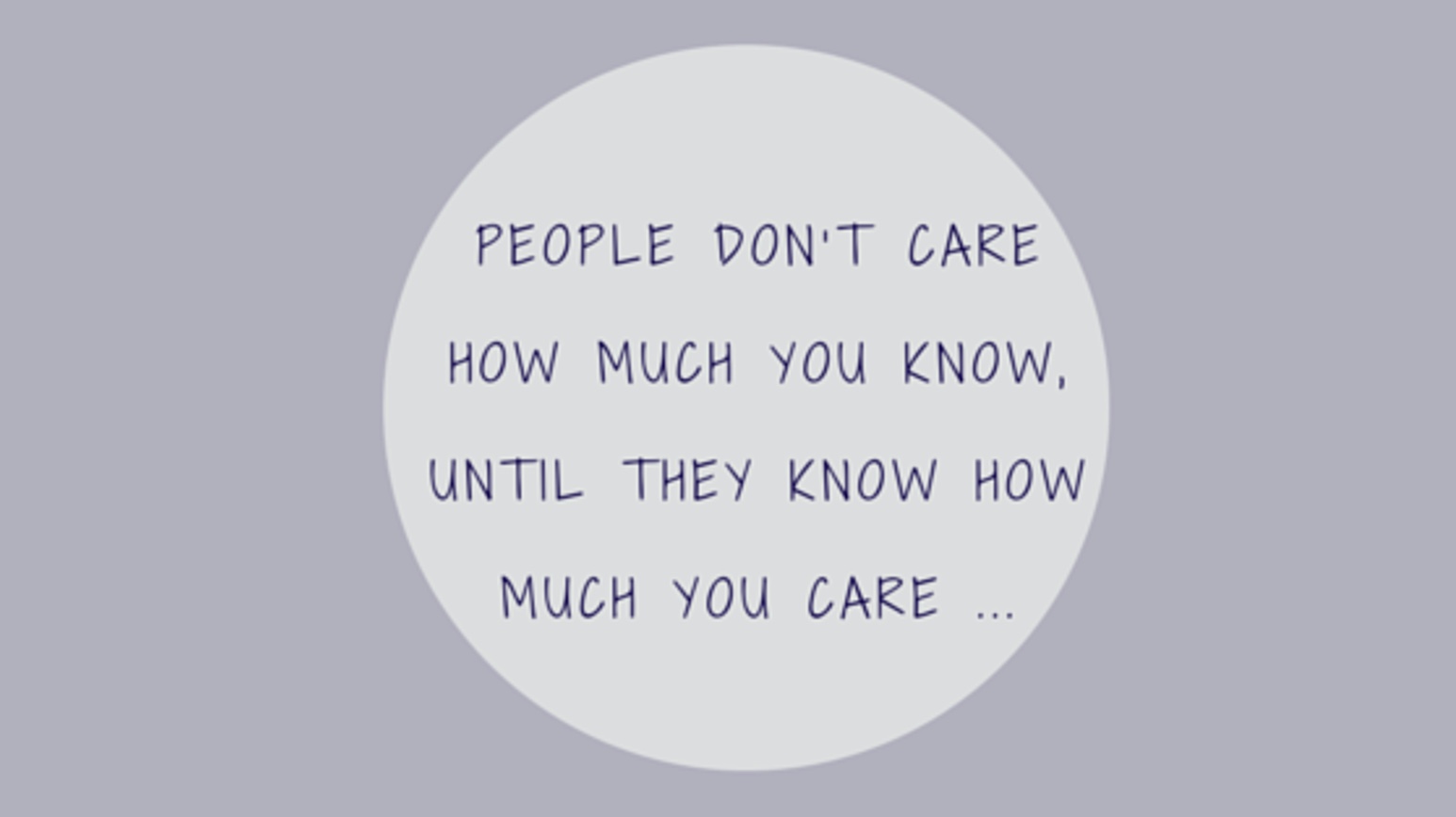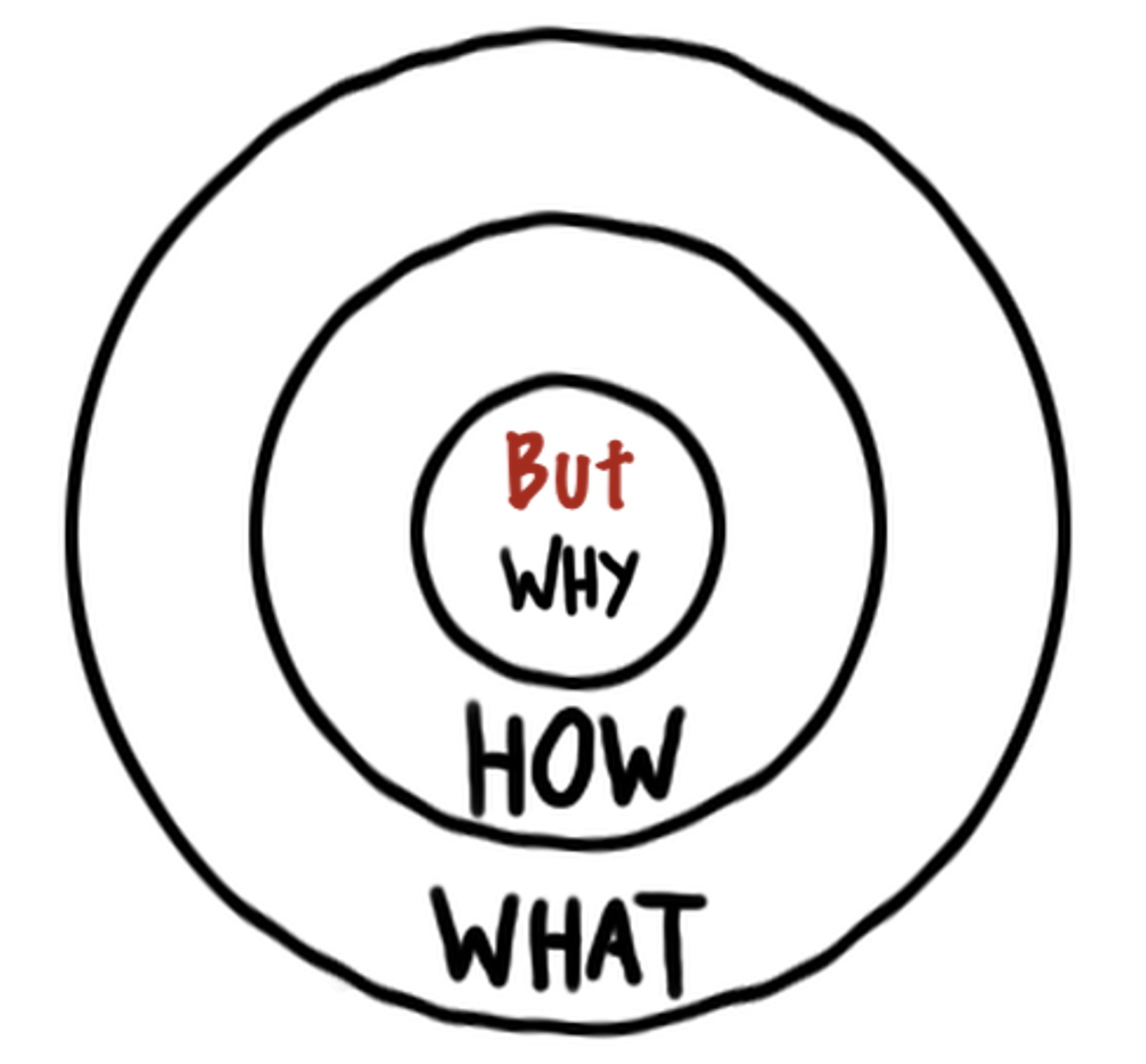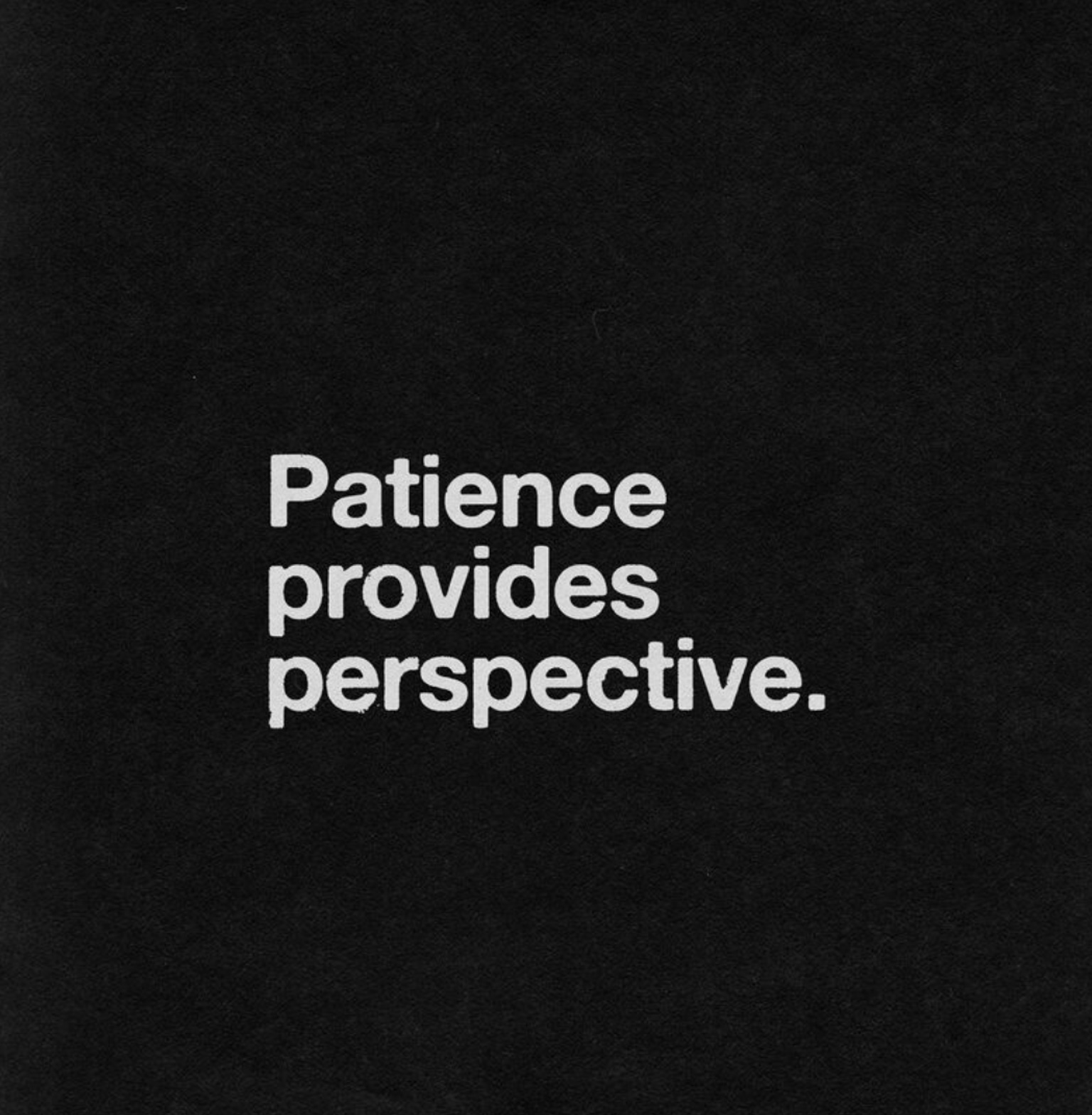
March 2021 Edition

By Raaj Raniga
Share
Students don’t care what you know until they know you care
In 2017, I began my PGCE, having decided to redirect my career path from Banking and Finance and the promise of a much more luxurious lifestyle, to live a more meaningful life in Education. After completing my NQT year at Avanti House Secondary school, I decided to pursue a part-time Masters in Researching Practice, where I examined the role of relationships on motivation, using my personal experiences as a point of focus. In December 2020, I received the news that I had successfully completed the Masters and although I was really proud to have accomplished this, it was the personal transformation that I have experienced in my interactions with students that has proved to be the most fulfilling result of this experience.
One of the biggest challenges for teachers in the 21st century is to continue to find ways to motivate their students to be the best learners they can be. In a world where fast-moving social media and technology metaphorically and in real terms ‘speed up’ life experiences, how does a teacher, who may not have access to the fast-paced social experiences of students, keep apace? As a class teacher, I have noticed how my planning and pedagogy has to adapt to meet the needs of students, who, outside my classes are motivated by matters which I cannot include in my lessons. Has this always been the case? If so, how do teachers motivate their students?

My review of the literature found that student-teacher relationships had such a significant impact on student motivation. In her famous TED talk, former teacher Rita Pierson says “you know kids don’t learn from people they don’t like” and my research has enabled me to gain a better understanding of what actions lead students to ‘like’ their teacher, but more importantly, motivate them. In an attempt to summarise over sixty pages of research into something that the ever-busy teacher can read in just two minutes to transform their teaching experience, I have four aphorisms to motivate anyone:
CARE
Tell them you care, show them you care, and genuinely care about them as people (not their grades). Because people don’t care what you know until they know you care.

WHY
Start with why. Why are they here? Why should they work hard? Why did they do that? This is incredibly powerful as it allows you to put the onus on them. Students often have the impression that they are in school for us. We need to flip the script.

PATIENCE
Understand that when students are apathetic towards learning, acting out or, not concentrating, there is an underlying reason behind it. Don’t lash out, but rather investigate. Find out why they are acting out, be empathetic and remind them that you are trying to help them.

BELIEVE
Believe in them. Then tell them you believe in them. Be realistic.

In a fascinating episode of the podcast ‘a bit of optimism with Simon Sinek’, Deeyah Khan articulated the concept of ‘extreme listening’ in her research on why people joined the Jihad and other radical groups. The parallels between what they said, and what Rita Pierson spoke about in her TED talk, were clear-cut. If students are unmotivated or struggling then what will really make a difference in their life is who shows up for them during this period and the four aphorisms above will allow you to become that person. Above all, amid a global pandemic in which the whole world has suffered beyond what we could have imagined merely 12 months ago, let us all remember to be kinder to each other.
If anyone is interested in having a conversation on this topic (or anything at all), please do get in touch, because we are our best hope. Together, we can do anything.

